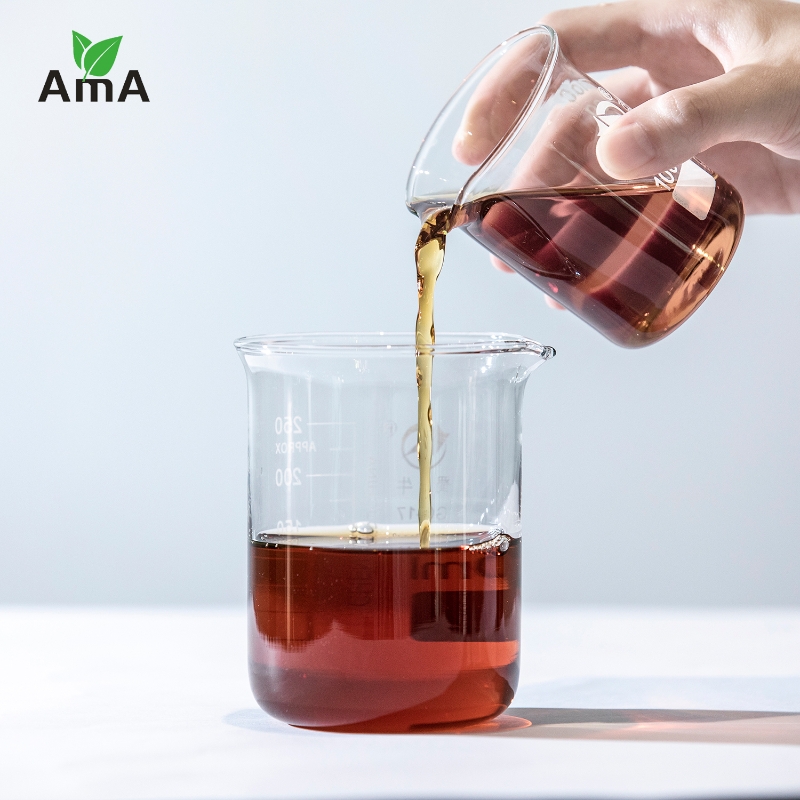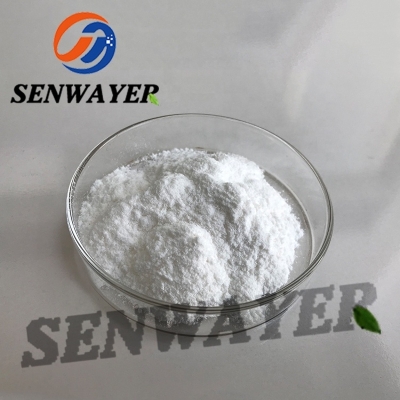Inventory of natural preservatives in life
-
Last Update: 2017-06-07
-
Source: Internet
-
Author: User
Search more information of high quality chemicals, good prices and reliable suppliers, visit
www.echemi.com
According to different sources, food preservatives can be divided into natural preservatives and synthetic preservatives (http:// Due to the high cost of natural preservatives, they have not been widely used in food processing for a long time, while some artificial preservatives have been widely used in food processing because of their low price and good antiseptic effect However, some synthetic preservatives have been found to be carcinogenic, teratogenic and prone to food poisoning, such as benzoate, which may cause food poisoning, nitrite and nitrate may generate carcinogenic nitrosamines These hazards will not appear in natural preservatives What are the natural preservatives in our life? 1 The extract of Forsythia suspensa (http:// has inhibitory effect on a variety of gram-positive and negative bacteria, and can effectively prolong the shelf life of food Its antibacterial component is mainly forsythol In Japan, the extract of Forsythia suspensa has been widely used as a natural anti-corruption agent for food preservation 2 The extract of perilla leaf and the distillation of perilla leaf have broad-spectrum antibacterial effect, the main effective ingredients are Perillaldehyde and citral, which have obvious inhibitory effect on Staphylococcus aureus, Streptococcus B, diphtheria, Campylobacter, Pseudomonas aeruginosa, Bacillus subtilis, etc., and perilla leaf oil also has obvious inhibitory effect on inoculated and naturally polluted mould yeast 3 Garlic extract contains allicin, allicin and Allicin, among which allicin and Allicin are the main antibacterial components The effect of the latter is 50% of that of the former The antibacterial mechanism of allicin may be that the oxygen atom in its molecule combines with the cysteine in bacteria so that it cannot be converted into cystine, thus affecting the important redox reaction in bacteria Allicin has obvious inhibition and bactericidal effect on a variety of cocci and molds 4 Pectin and pectin decomposition products also have antibacterial effect in acid environment, mainly including polygalacturonic acid and galacturonic acid with average polymerization degree of 3-5 Their antibacterial activity is affected by pH, and the antibacterial activity is strong below pH6.0, and low when pH > 6.0 Generally, the amount added to food is 0.1% - 0.3% They are mainly used in hamburger, noodle soup, cream cake, pickle, etc.
This article is an English version of an article which is originally in the Chinese language on echemi.com and is provided for information purposes only.
This website makes no representation or warranty of any kind, either expressed or implied, as to the accuracy, completeness ownership or reliability of
the article or any translations thereof. If you have any concerns or complaints relating to the article, please send an email, providing a detailed
description of the concern or complaint, to
service@echemi.com. A staff member will contact you within 5 working days. Once verified, infringing content
will be removed immediately.







